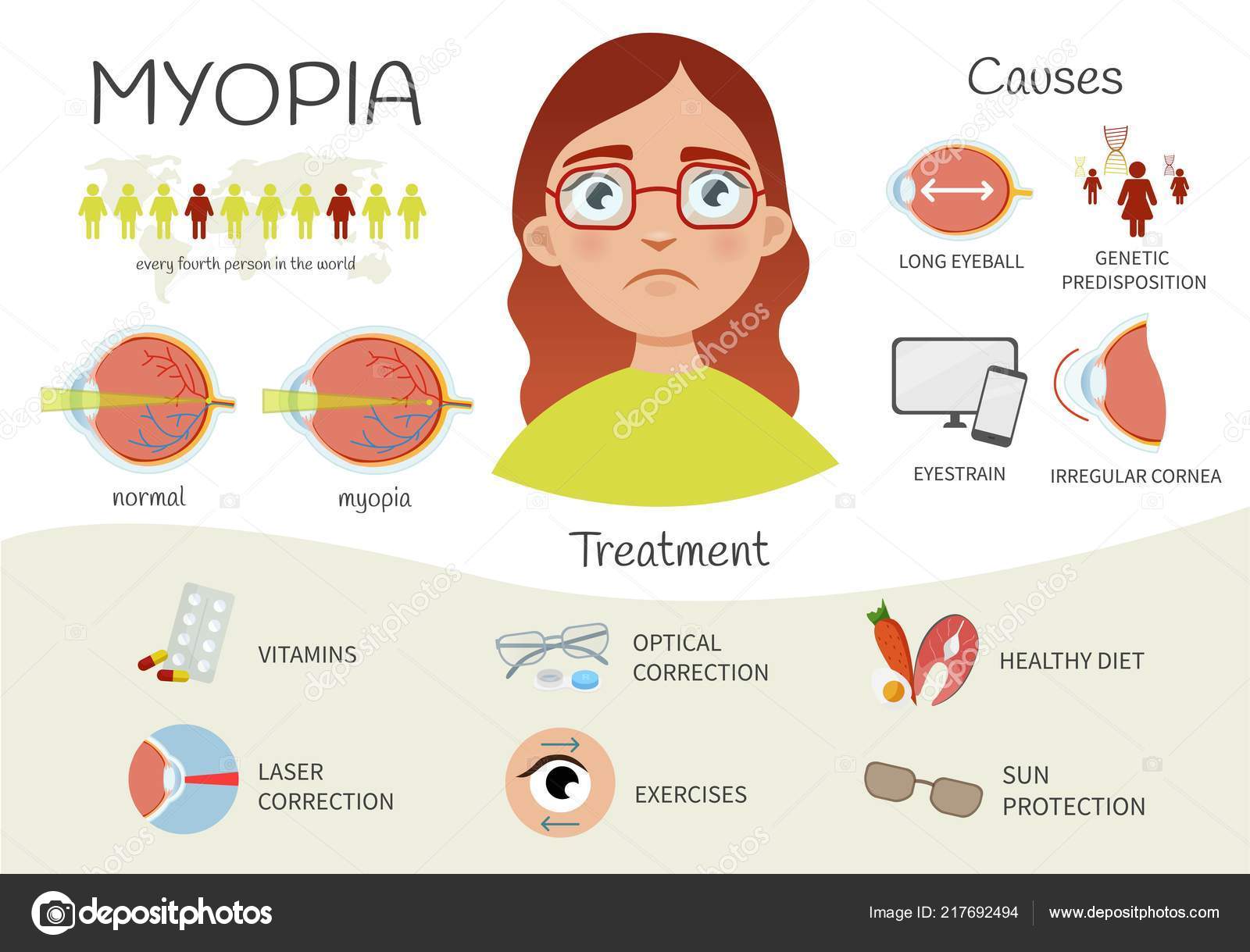SMILE Eye Surgical Procedure Provides A Minimally Invasive Way To Deal With Vision, Yet What Are The Possible Risks And Recovery Details You Need To Understand?

Material Writer-Snow Byrd
If you're taking into consideration vision correction choices, SMILE eye surgical treatment might be on your radar. This innovative treatment includes developing a little lenticule in the cornea to address nearsightedness and astigmatism. Unlike standard LASIK, it's less intrusive and assures quicker recuperation. Nonetheless, while there are substantial advantages, there are additionally risks involved. Comprehending both elements can aid you make an educated choice concerning your eye health and wellness. What's the healing process like, and what should you anticipate?
Understanding the SMILE Treatment
The SMILE treatment, or Small Cut Lenticule Removal, is a minimally intrusive eye surgical procedure made to correct vision issues like nearsightedness and astigmatism.
Throughout this procedure, a laser develops a small lenticule, or lens-shaped tissue, within the cornea. You will not require any stitches, as the little incision allows for a fast healing.
The doctor then eliminates the lenticule with this little cut, improving your cornea to enhance your vision. Unlike traditional LASIK, SMILE does not call for the development of a large flap, which can cause less problems.
You'll locate that this technique is less disruptive to the corneal framework, possibly improving security. Recognizing the procedure aids you feel extra confident as you consider your alternatives for vision correction.
Perks of SMILE Eye Surgery
While taking into consideration vision modification choices, you might locate that SMILE eye surgery uses a number of engaging advantages.
First, it's minimally invasive, calling for only a small incision, which means much less disruption to your eye structure. This leads to quicker healing times and less pain compared to standard LASIK.
You'll likewise value its accuracy; SMILE uses advanced laser technology to improve the cornea, providing outstanding results for nearsightedness and astigmatism.
In addition, lots of people report boosted visual top quality, with fewer circumstances of glare or halos. Considering that there's no need for a corneal flap, your eyes remain much more stable post-surgery.
Lastly, the procedure commonly takes simply a couple of minutes, allowing you to return to your daily activities faster than with other techniques.
Possible Threats and Recovery Process
Although SMILE eye surgical procedure is typically secure, it is very important to be familiar with prospective dangers that can develop during or after the treatment. Some people may experience short-term negative effects like completely dry eyes, glare, or halos around lights.
In uncommon instances, complications such as infection, vision loss, or the requirement for additional surgical treatment can happen.
Recuperation usually entails a couple of days off and staying clear of laborious tasks. You must follow your cosmetic surgeon's post-operative guidelines very carefully, consisting of making use of prescribed eye declines and going to follow-up appointments.
Lots of clients notice enhanced vision within a couple of days, yet complete recuperation can take weeks. Remaining client and offering your eyes time to recover is important for the best result.
Final thought
Finally, SMILE eye surgery offers a modern-day, minimally intrusive option for dealing with nearsightedness and astigmatism. With its quicker recuperation time and decreased discomfort, it's an enticing selection for many. Nevertheless, https://www.fosters.com/news/20180913/is-lasik-eye-surgery-right-for-you to consider the prospective threats against the advantages. By remaining educated and following post-operative treatment, you can optimize your chances of a successful end result. If mouse click the next site considering this procedure, consult with your eye care expert to figure out if it's right for you.

